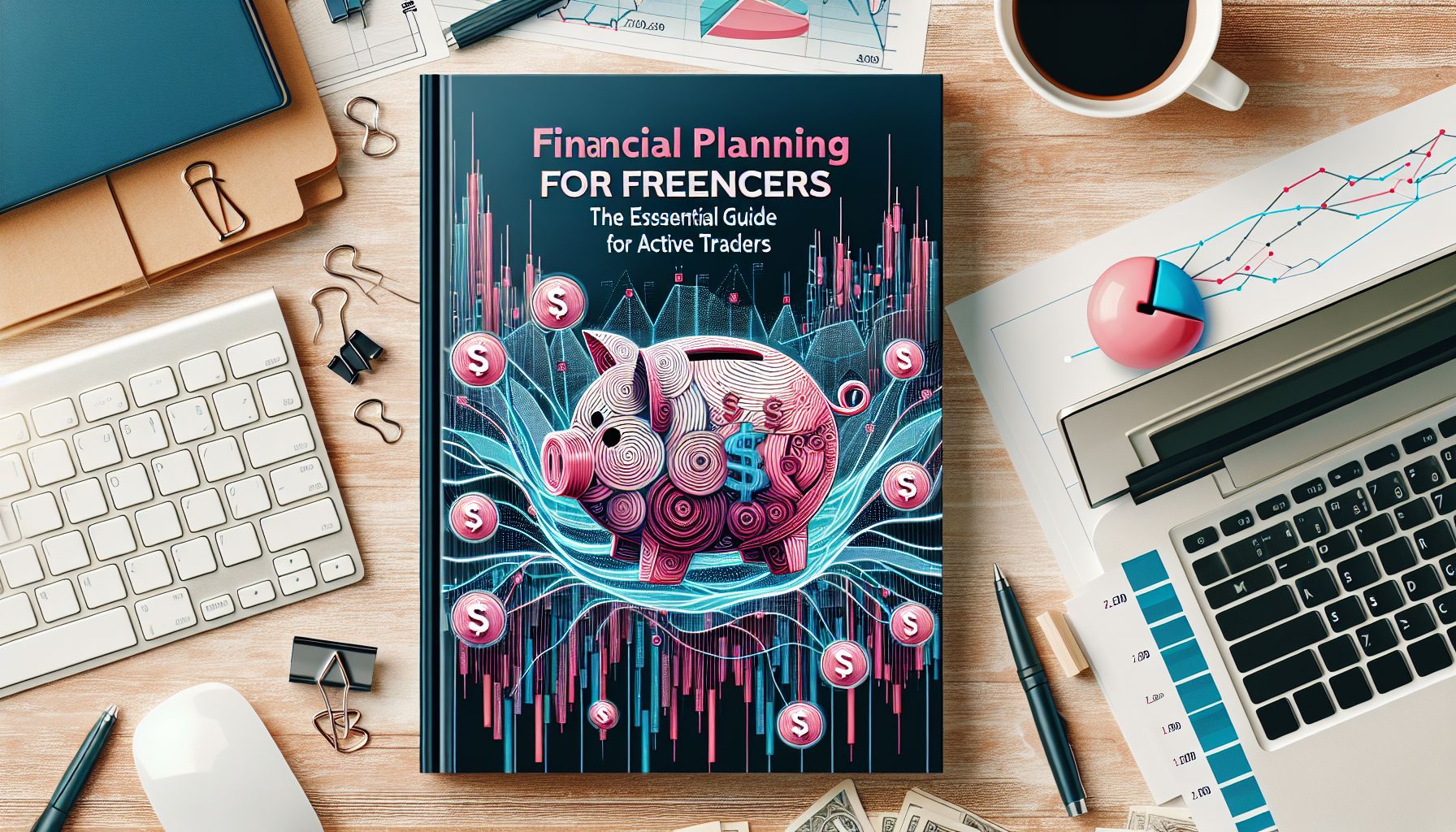
Financial Planning for Freelancers: The Essential Guide for Active Traders
Navigating through the financial world as a freelancer can be daunting, particularly if you’re an active trader looking to protect and grow your investment. Being a part of the gig economy demands not only dedication and financial prowess but also adeptness at managing your finances. In this blog post, we will explore various strategies and techniques that are essential in financial planning for freelancers.
Understanding the Fundamentals
The first step towards effective financial planning as a freelancer is to thoroughly comprehend the unique challenges involved. For active traders, a stable income isn’t always guaranteed. This inconsistency can lead to difficulties in budgeting, leading to potential financial instability without proper safeguards in place.
Therefore, it is paramount for traders in similar positions to maximize their income during high-earning periods. This ensures they have enough to cover low-earning periods, promoting financial stability and long-term growth.
Developing an Emergency Fund
Just like any other business, trading comes with its dangers. This makes having an emergency fund extremely crucial. Emergency funds serve as a financial safety net that can cover your expenses in the case of unforeseen circumstances.
Aim to accrue between three and six months’ worth of living expenses in your emergency fund. When you’ve established this base, you can confidently face market fluctuations and other unexpected events knowing you have a safety net.
Budgeting and Expense Tracking
To navigate the waters of freelancing and active trading successfully, you’ll need a comprehensive budget. Your budget is your roadmap, guiding every financial decision you make.
This involves closely monitoring your income and expenses. Keeping tabs on cash flows will help you evaluate your financial health. You’ll identify patterns and predict future income, enabling you to make informed investment decisions.
Saving for Retirement
Retirement planning can seem like a distant concern, particularly for younger freelancers. However, it’s never too early to start saving for retirement. As a freelancer, you don’t have a conventional employer who might match your 401(k) contributions, which makes it essential to be proactive about your retirement.
IRAs and Solo 401(k)s are both excellent options for freelancers. It is advisable to max out these accounts whenever possible, as the money you invest can grow tax-free over time.
Work with a Financial Planner
Managing every aspect of your financial life can be overwhelming, even for seasoned traders. Working with a professional financial planner can add value to your financial decisions, as they can help you with everything from basic budgeting to investing principles.
Conclusion
Financial planning is essential for every freelancer, and this is in no way different for active traders. Balancing the volatility of trading with the irregular income frequency of freelancing might seem challenging, but with a solid financial plan, it is certainly achievable.
Remember, successful financial planning involves setting up an emergency fund, meticulous budgeting, retirement savings, and potentially partnering with a professional financial planner. By implementing these strategies, you’ll be well on your way to securing your financial future and achieving the trading success you desire.
Implementing these strategies may not guarantee immediate success, but they certainly will put you on the right track to being a successful freelancer and active trader. Remember, financial planning is a long-term game. Consistency and discipline are vital to fostering the steady growth of your financial portfolio. Make every decision with tomorrow in mind, and you’ll secure your financial future as a freelancer in the trading world.










